TMJ symptoms can last anywhere from a few days to several years depending on the cause and severity. Mild TMJ often goes away on its own with rest and self-care, but chronic cases caused by bruxism, arthritis, or jaw misalignment usually need professional treatment from a dentist like Buford Dentist to resolve fully.
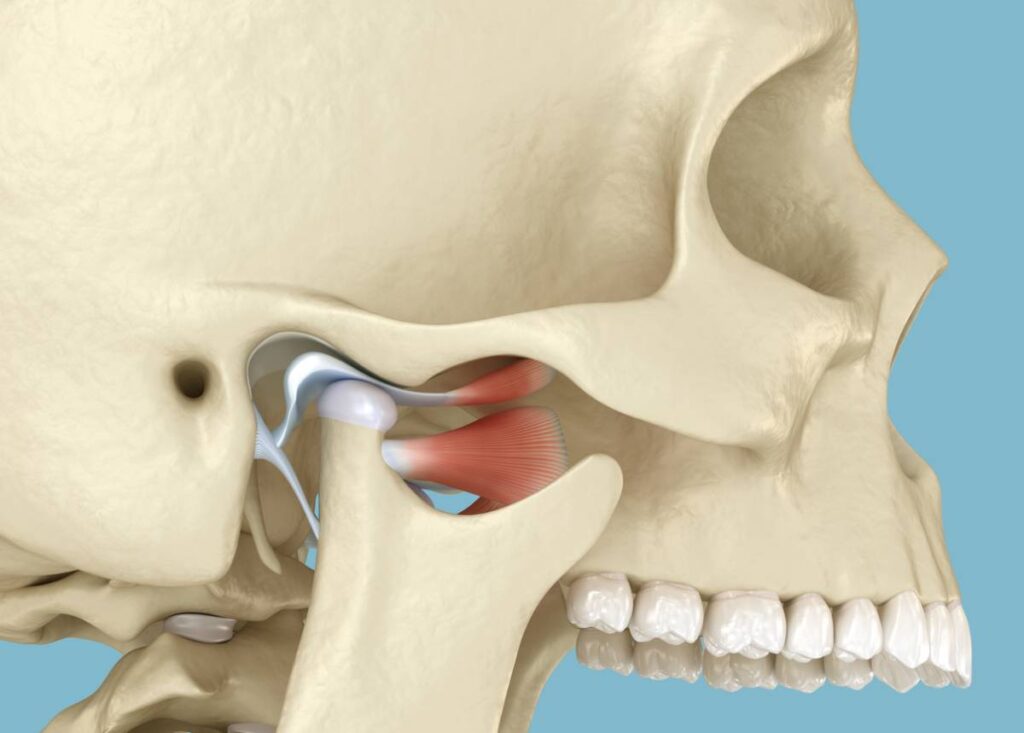
TMJ stands for temporomandibular joint disorder. It affects the joint that connects your jaw to your skull.
This joint allows you to chew, talk, and yawn. When the joint or muscles around it stop working properly, pain and dysfunction occur.
Common symptoms include:
Understanding this condition helps you know why symptoms last different lengths of time.
alth is no exception. Hormonal changes, morning sickness, and dietary shifts raise risks for dental problems that can affect both mother and baby.
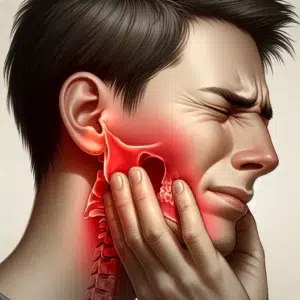
Acute TMJ is short-term. It often develops due to stress, temporary jaw injury, or dental work.
Chronic TMJ lasts for months or years.
If you notice pain lasting longer than 3 to 4 weeks, difficulty opening your mouth, or recurring jaw stiffness, acute TMJ might be becoming chronic.
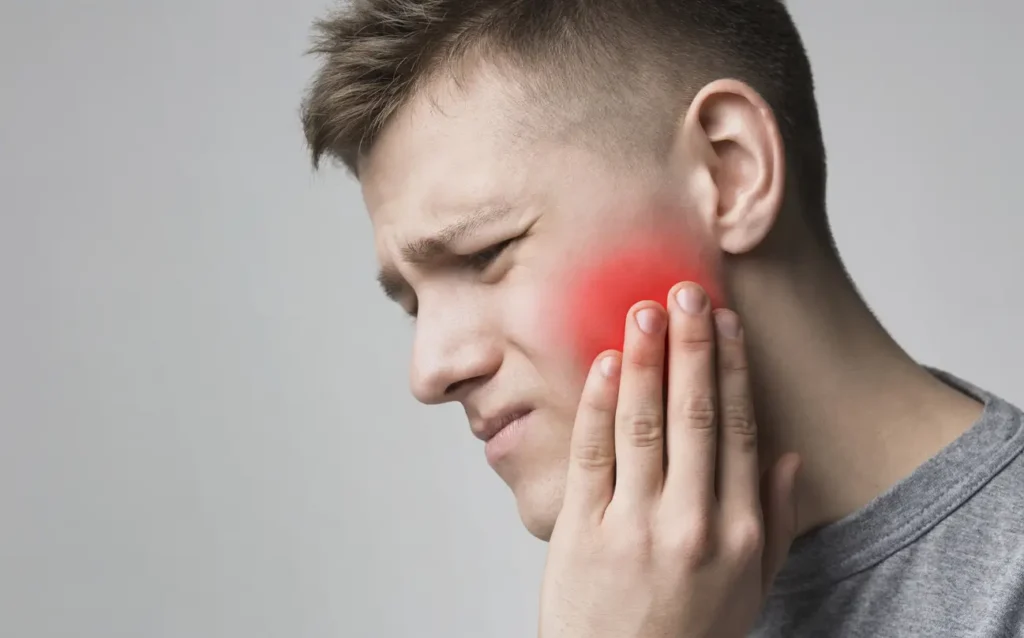
The length of TMJ depends on the cause, severity, and treatment.

In mild cases yes. If the cause is temporary stress or a minor injury, symptoms fade naturally.
TMJ does not go away on its own when:
Leaving TMJ untreated risks long-term pain and permanent joint damage.

For mild cases, home care is often enough.
Pain relievers like ibuprofen or acetaminophen reduce discomfort and inflammation.
Topical anti-inflammatory gels may also help.
Custom mouth guards or splints prevent teeth grinding and reduce joint strain.
Night guards are often prescribed for people who grind their teeth while sleeping.
Therapists teach exercises to strengthen and relax jaw muscles.
Manual adjustments or posture corrections relieve strain on the joint.
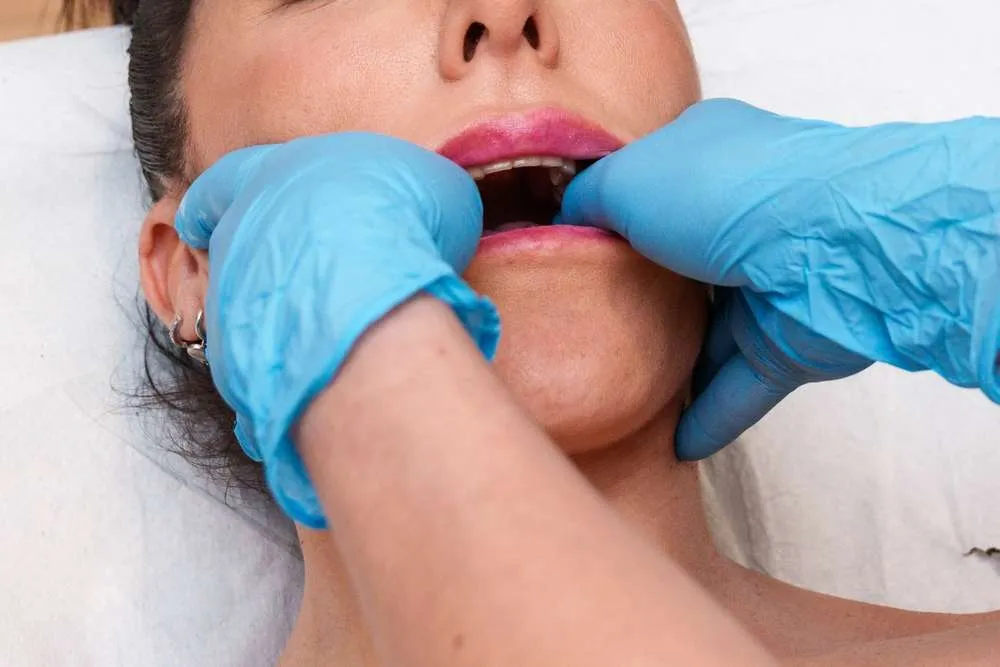
For severe TMJ that does not improve with standard care, advanced treatments are considered:
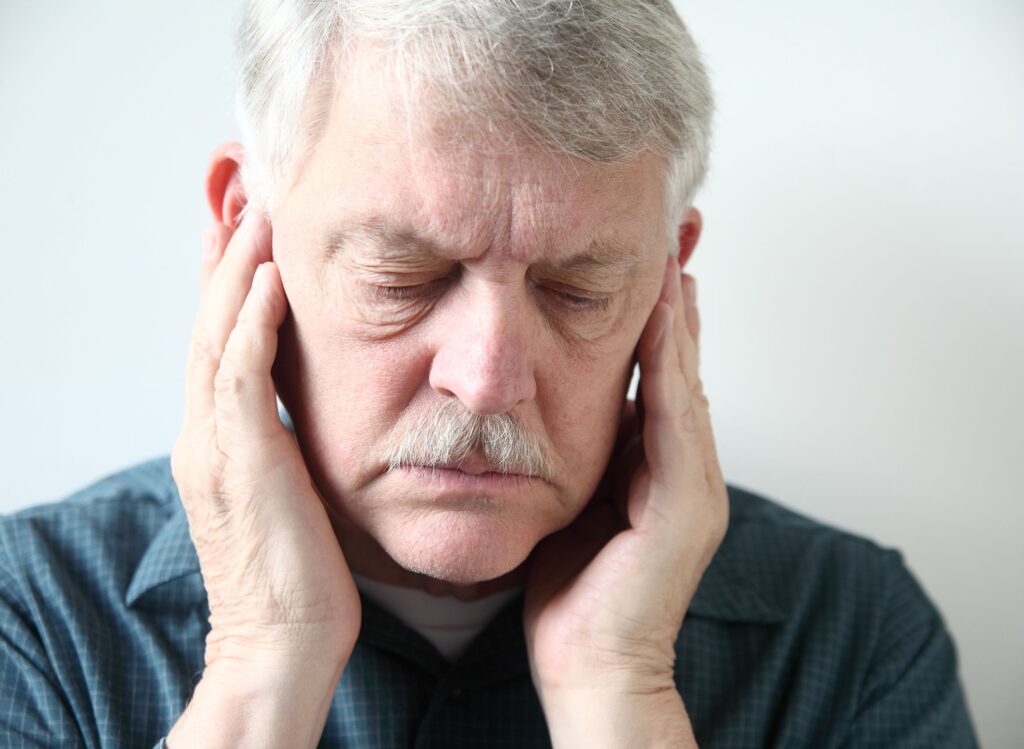
You should see a dentist or specialist if:
Buford Dentist advises patients to schedule an exam when symptoms interfere with daily life.

Pain usually lasts one to two weeks. Rest, ice packs, and soft foods help recovery.
Without a guard, symptoms can last for years. With a custom splint and therapy, recovery often happens in months.
Symptoms persist long-term but professional treatment improves comfort and function.
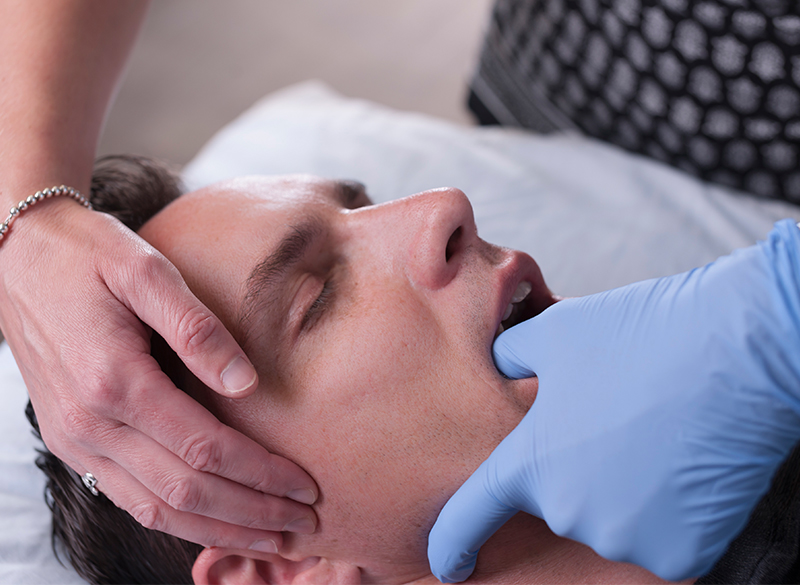
Buford Dentist offers:
Patients who address TMJ early recover faster and reduce risk of chronic pain.

TMJ disorder lasts anywhere from a few days to many years. The outcome depends on the cause, your habits, and the care you receive.
Mild cases resolve on their own with rest and stress management. Chronic cases tied to bruxism, arthritis, or misalignment need professional treatment.
Working with a trusted provider like Buford Dentist ensures the right plan for lasting relief.